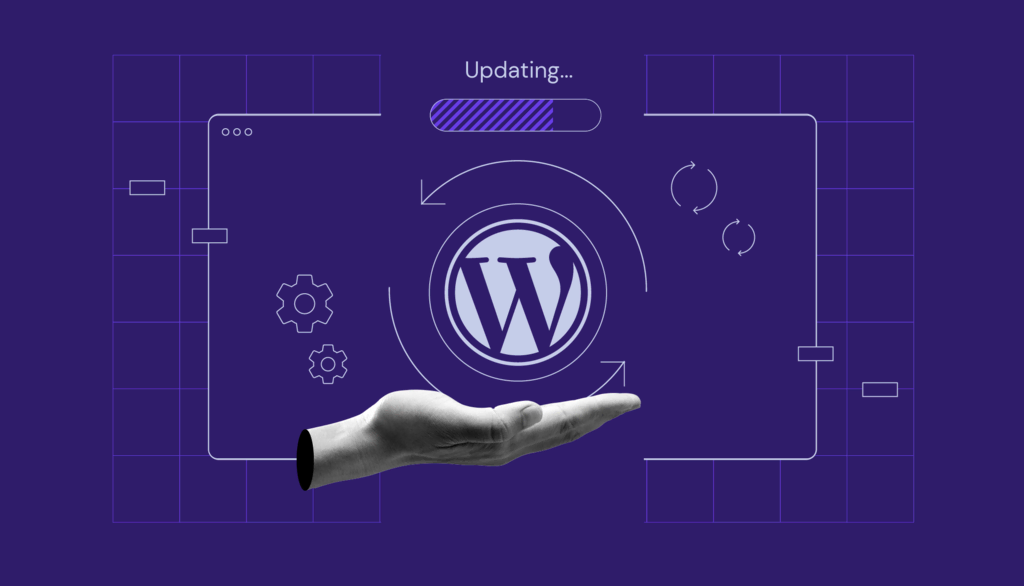WordPress provides a powerful platform for search engine optimization (SEO). However, to ensure your site performs well in search engine results, it’s important to implement some basic SEO strategies. Here are the fundamentals and practices of SEO in WordPress:
Table of Contents
1. Use the Right Keywords
Use the keywords your target audience is searching for within your content. Conduct keyword research to identify relevant keywords and strategically place them throughout your content.
2. Use SEO-Friendly URLs
WordPress’s default setup creates SEO-friendly URLs. However, you can further optimize your URLs by using the “Settings” > “Permalinks” section to customize the URL structure.
3. Optimize Title Tags and Meta Descriptions
Optimize the title tags and meta descriptions for every page and post. The title tag should include target keywords and be attention-grabbing, while the meta description should succinctly describe the content.
4. Use Header Tags Hierarchically
Use header tags (H1, H2, H3, etc.) hierarchically to structure your content. Use the H1 tag for the main heading, H2 and H3 tags for subheadings to organize your content.
5. Produce Quality Content
Create high-quality, informative, and original content. Valuable and engaging content helps keep visitors on your site longer and captures the attention of search engines.

6. Optimize Images
Optimize images by using descriptive file names, alternative text (alt text), and title tags for each image. Image optimization can increase the visibility of your site in image search results.
7. Add Internal and External Links
Enrich your content by adding internal and external links. Internal links direct users to related content, improving user experience, while external links can enhance your site’s authority.
8. Add a Sitemap
Add a sitemap to your WordPress site to help search engines crawl your site more effectively. You can use XML sitemap generator plugins to automatically create a sitemap and submit it to Google Search Console.
9. Use a Mobile-Friendly Design
Ensure your site is mobile-friendly and loads quickly. Mobile compatibility is a significant ranking factor in search engines.
10. Optimize Speed
Optimize your site speed to improve user experience and perform better in search engine rankings. Fast loading times can positively impact your site’s rankings.
By implementing SEO basics in WordPress, you can improve your site’s performance in search engine results. By following the above tips, you can optimize your site and effectively reach your target audience.
Share this article


